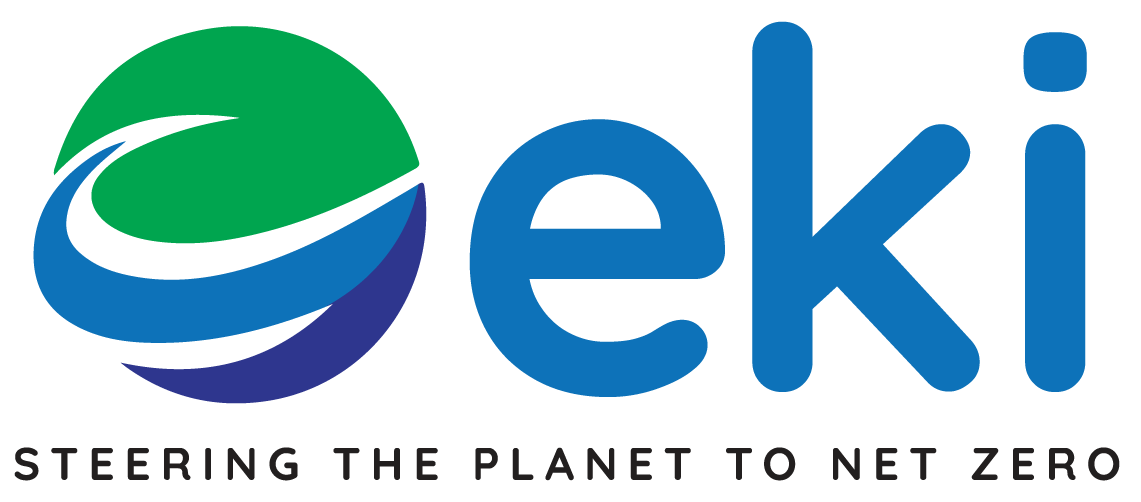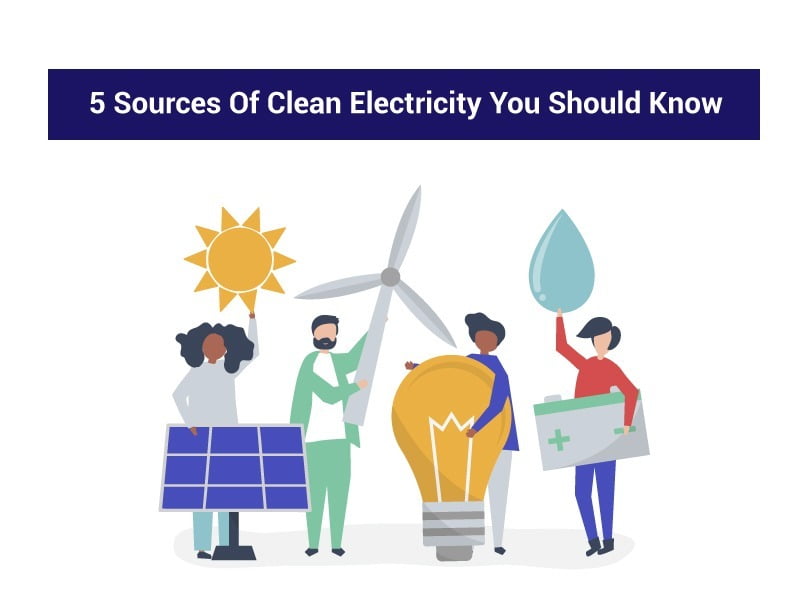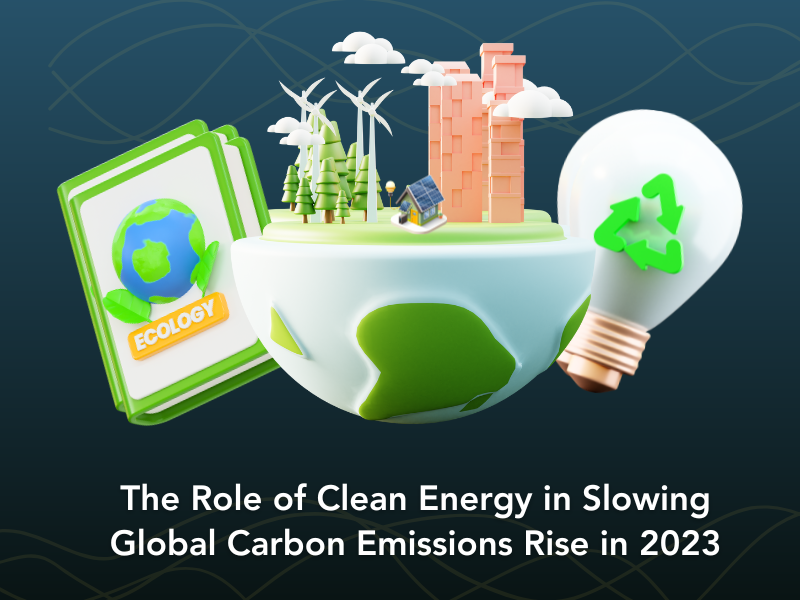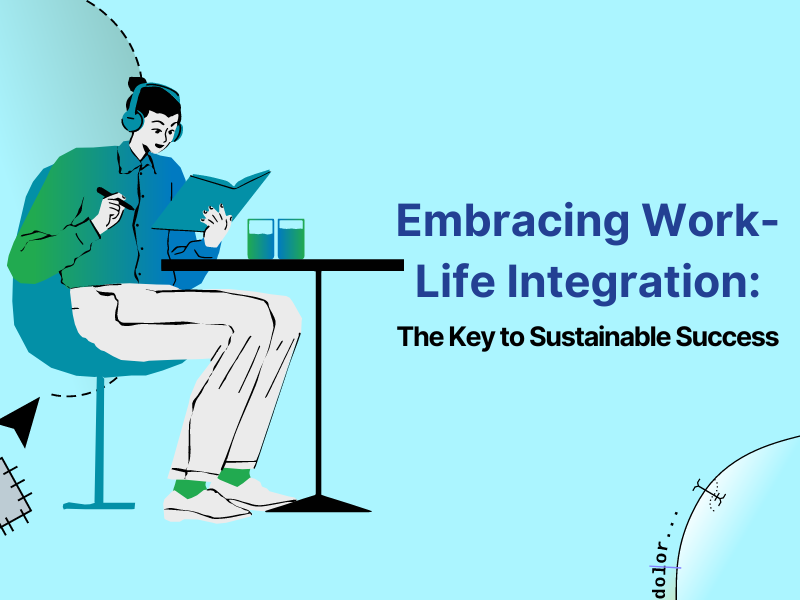Most electricity that we use are is derived from non- renewable sources of energy, coal for instance, thus it causes pollution. Clean electricity is electricity that is derived from renewable sources of energy. It has a lot of benefits to the environment. Clean energy does not cause air pollution and its sources are in abundance. Let’s know more about 5 such sources of clean energy.
1. Wind
Wind energy has always been used in small countryside areas, or the areas where numerous wind farms are present to harness the wind as a source of energy. By March 31st, 2019 the net wind installed power was 36.625 GW, thus making it fourth largest installed wind power capacity in the world. Wind is emerging to be an effective source of clean energy.
2. Solar
Solar energy remains of the most studied aspect in the domain of energy. Sun is the greatest and most inexhaustible source of energy. Its use as an energy source began as early as 1970s. Today it is one of the most harnessed energy sources, so much so that by 2022, the Indian government has a target of installing 100 GW capacity. In fact, by 2050, solar power might as well be the world’s main power source.
3. Hydro
This has been the most frequently used source of energy for a few years. Hydroelectricity is of particular benefit as its implementation can be done at both large and small scales. India is the seventh largest hydroelectric power producer of the world. In 2017, hydroelectricity, in fact, produced 13.5% of its total power.
4. Natural Gas
Natural gas although is a fossil fuel, it is one of the cleanest energy sources in the world. Natural gas emits fewer greenhouse gases. India is targeting to increase the share of natural gas to 15% by 2030. Its affordability makes it particularly acceptable source of energy all across the world.
5. Geothermal energy
Globally, more than 20 countries in the world are using geothermal energy. In India, there are seven geothermal provinces and the estimated potential for this form of clean energy in India is estimated to be 10000 MW. Because of the fact that there are no greenhouse gases involved, this is considered as an over-all favourable clean energy source.
There have been claims by significant organizations that by 2050, the world could get all its power from renewable sources of energy, thereby ending the reliance on exhaustible energy sources.
Considering how the world is losing its fossils, the environmental hazards associated with electricity generated by non-renewable sources, it is a dire need for the world to shift to clean electricity sources.
Image credit: Ecolife

